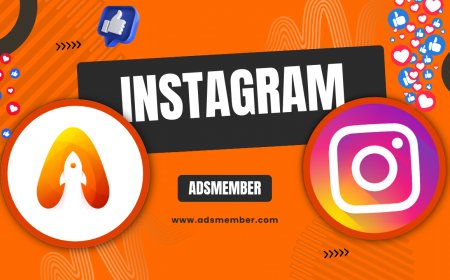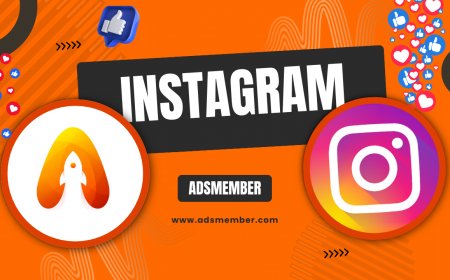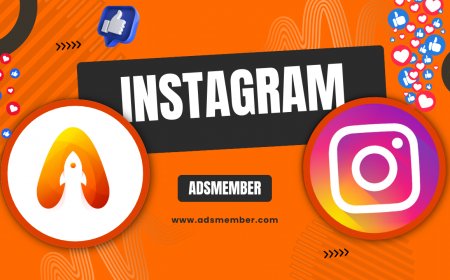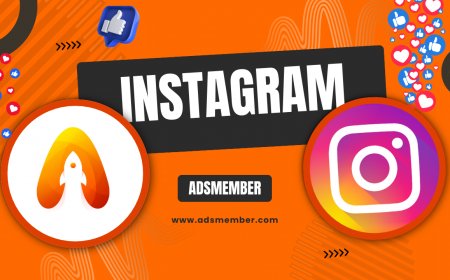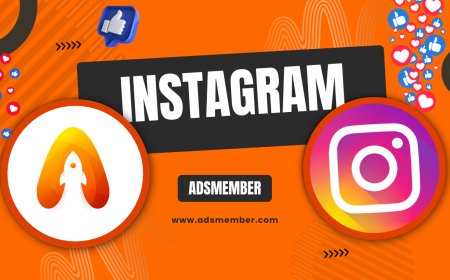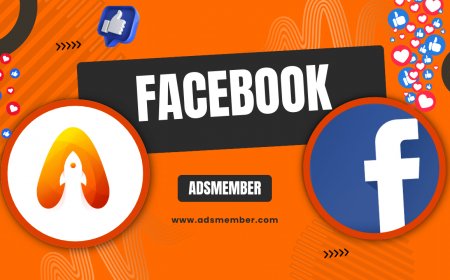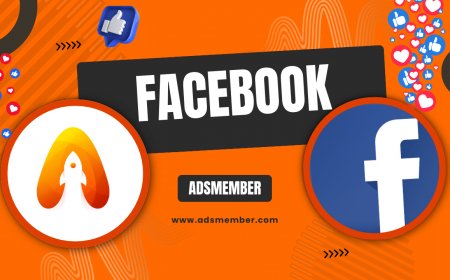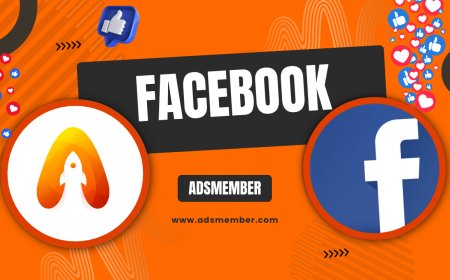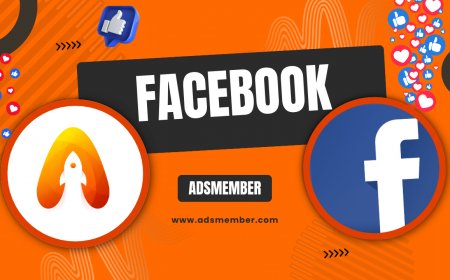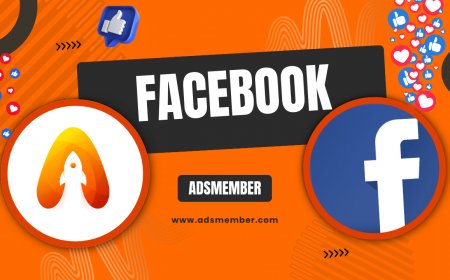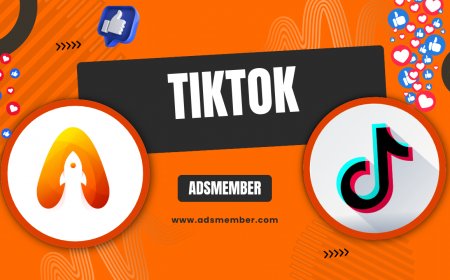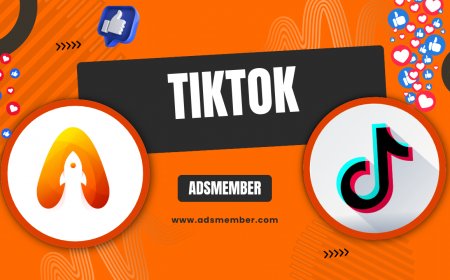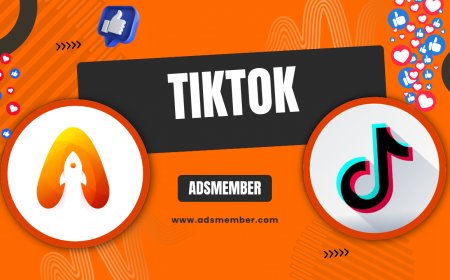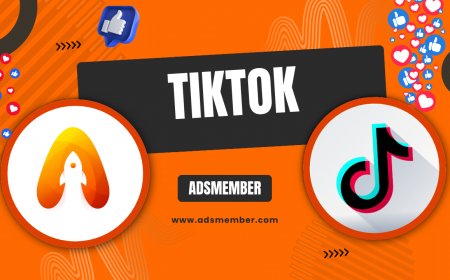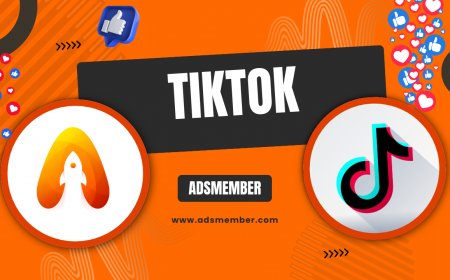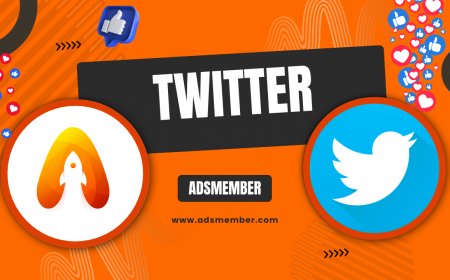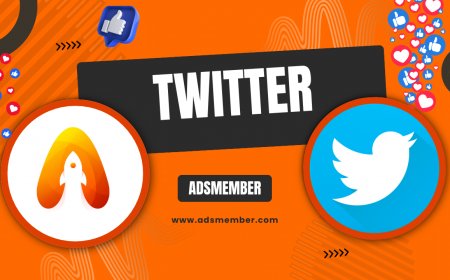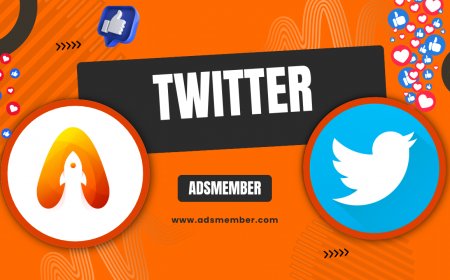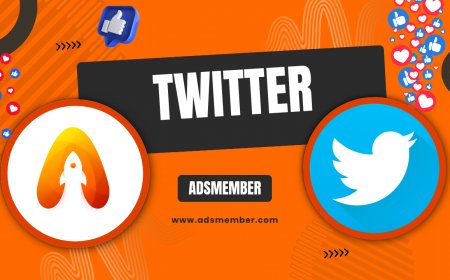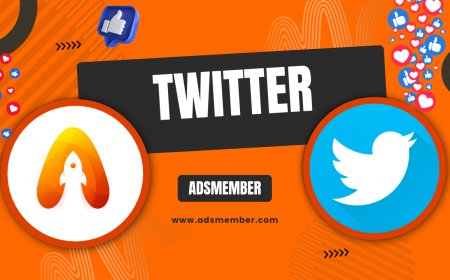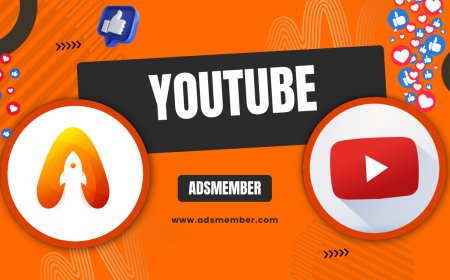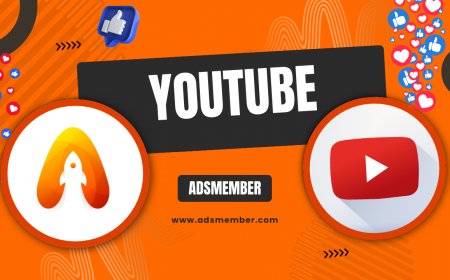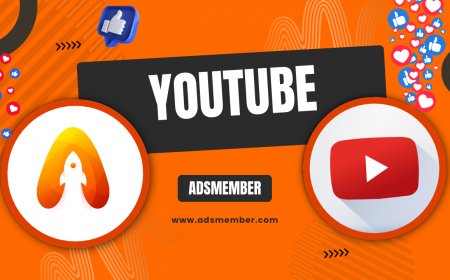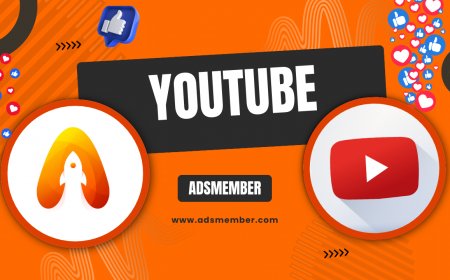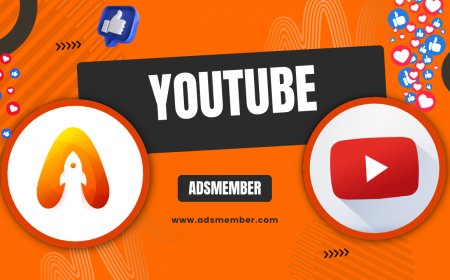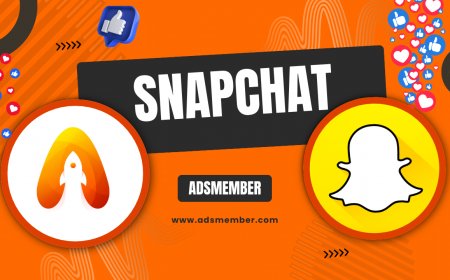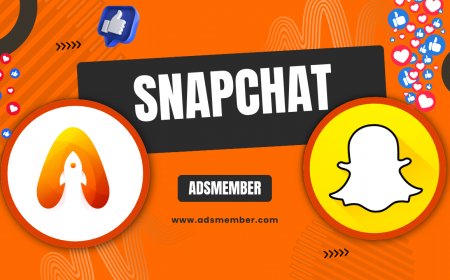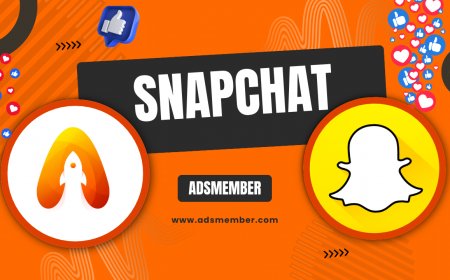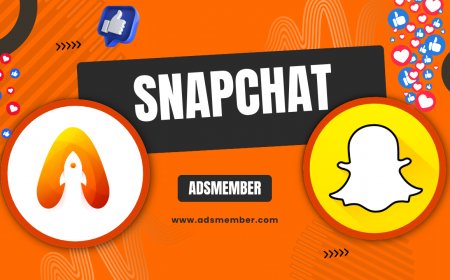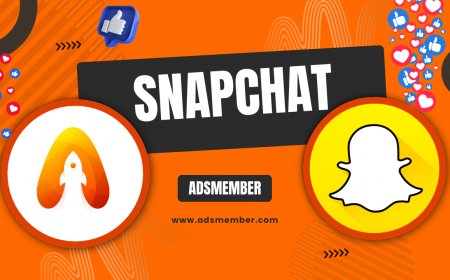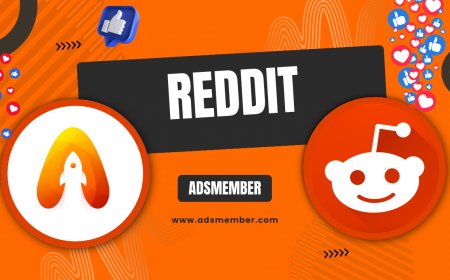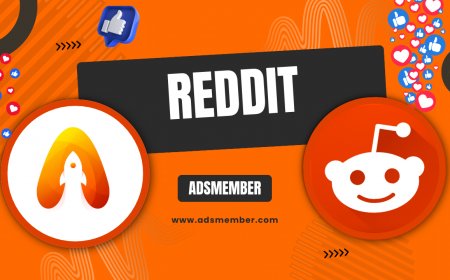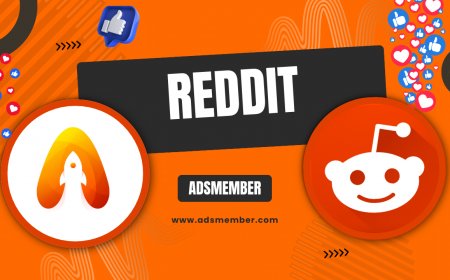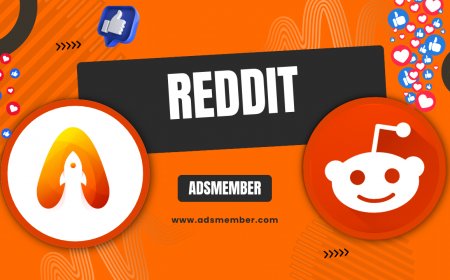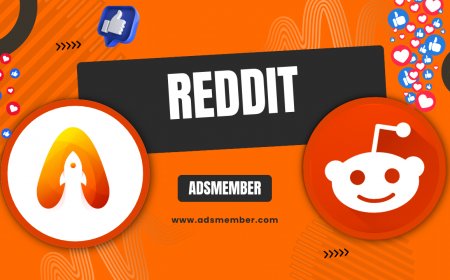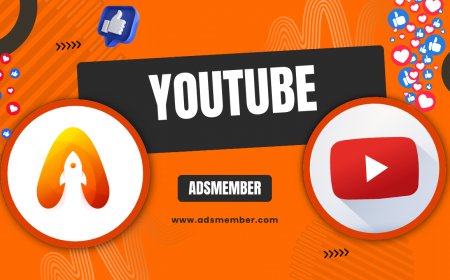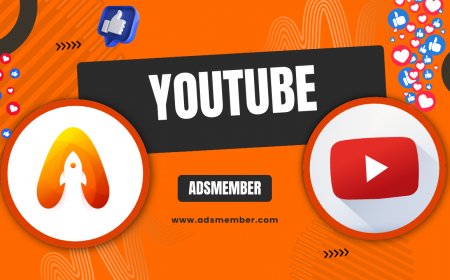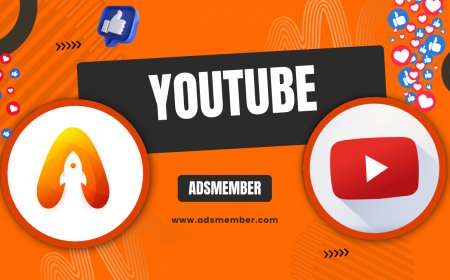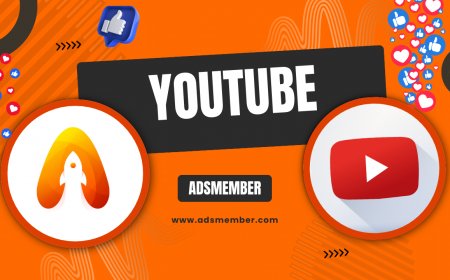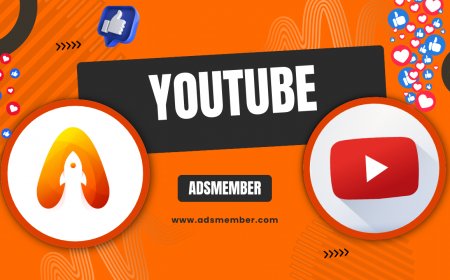Who Owns YouTube? Unpacking the Tech Giant Behind It
Curious about who owns YouTube? Discover its journey from startup to Google’s powerhouse, key acquisition details, and what this ownership means for users.
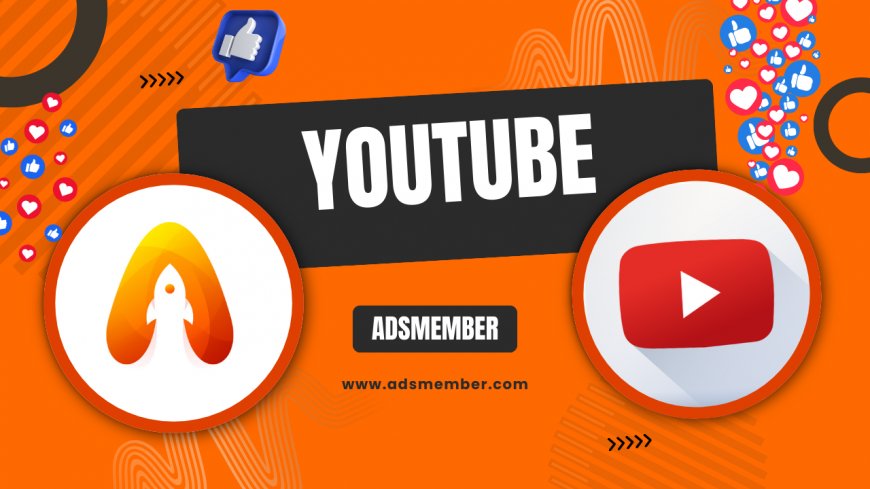
Ever wondered who owns YouTube, the platform where billions watch, create, and share videos daily? Honestly, it’s a fascinating story of innovation and big tech moves. YouTube isn’t just a standalone app; it’s part of a massive ecosystem. Spoiler alert: Google is the mastermind behind it, but the journey to this point is packed with intriguing twists. In this deep dive, I’ll unpack the ownership history, the game-changing acquisition, and what it means for creators and viewers like us. Let’s get started!
The Origins of YouTube: A Startup Dream
Before we dive into who owns YouTube now, let’s rewind to its humble beginnings. Founded in 2005 by Chad Hurley, Steve Chen, and Jawed Karim, YouTube started as a simple idea—a place to share videos online. I remember those early days; the site was clunky, but it felt revolutionary. Within months, it exploded in popularity, catching the eye of tech giants. But how did a startup become a global behemoth? It’s all about timing and vision.
Founders’ Vision and Early Growth
The trio behind YouTube met while working at PayPal and saw a gap in online video sharing. Their first video, uploaded by Karim, was a 19-second clip titled 'Me at the zoo.' Hardly glamorous, right? Yet, by 2006, YouTube was serving over 100 million video views daily. In my opinion, their focus on user-generated content was pure genius—it gave everyone a voice. This rapid growth made YouTube a prime target for acquisition.
Google Enters the Scene: The Big Acquisition
Fast forward to October 2006, and Google made a jaw-dropping move. They acquired YouTube for $1.65 billion in stock—a staggering amount for a company barely a year old. I still remember the buzz; it felt like Google was buying the future of the internet. This wasn’t just a purchase; it was a strategic play to dominate online media. Today, as part of Alphabet Inc. (Google’s parent company), YouTube remains a key asset. But why did Google want it so badly?
Why Google Bought YouTube
Google saw YouTube as a goldmine for advertising and user data. Back then, video content was the next big thing, and Google wanted to lead the charge. By integrating YouTube with its search and ad systems, they created a powerhouse. Honestly, it’s no surprise—Google’s own video platform at the time, Google Video, couldn’t compete. According to Statista, YouTube now generates over $29 billion in annual ad revenue (Statista, 2023). That’s the kind of return Google dreamed of!
The Numbers Behind the Deal
Let’s break it down. The $1.65 billion deal was one of the largest tech acquisitions of its time. Adjusted for inflation, that’s over $2.2 billion today. Google’s gamble paid off—YouTube’s user base grew from millions to over 2.5 billion monthly active users by 2023 (Statista, 2023). In my view, this acquisition redefined how tech giants approach content platforms.
What Does Google’s Ownership Mean for YouTube?
So, who owns YouTube today? It’s Alphabet Inc., Google’s parent company, since the 2015 restructuring. But what does this mean for users and creators? I’ve seen firsthand how Google’s influence shapes the platform. From monetization policies to algorithm changes, their ownership drives everything. While it’s brought massive growth, it’s not without controversy. Let’s explore the pros and cons.
Benefits of Google’s Backing
Google’s deep pockets mean YouTube gets cutting-edge tech and infrastructure. Think about the seamless streaming or AI-driven recommendations—those aren’t cheap to build. Plus, integration with tools like Google Ads helps creators earn a living. I’ve worked with clients who’ve turned small channels into full-time careers thanks to these systems. Check out more on monetization strategies via YouTube Growth Tips.
Challenges and Controversies
On the flip side, Google’s control has sparked criticism. Algorithm tweaks often frustrate creators, and demonetization can feel arbitrary. I’ve felt the sting myself when videos I poured hours into got flagged for vague reasons. Privacy concerns also loom large—Google tracks user data across platforms. It’s a trade-off: unparalleled reach for less autonomy. What do you think about this balance?
Comparison: YouTube vs. Other Video Platforms
To understand Google’s dominance, let’s compare YouTube with competitors like Vimeo and TikTok. I’ve analyzed their ownership and market share using data from Statista and platform reports. Here’s a quick table to break it down:
| Platform | Owner | Monthly Active Users (2023) | Focus |
|---|---|---|---|
| YouTube | Alphabet Inc. (Google) | 2.5 billion (Statista) | General video content |
| TikTok | ByteDance | 1.2 billion (Statista) | Short-form videos |
| Vimeo | IAC (Publicly traded) | 260 million (Company data) | Professional content |
Clearly, YouTube’s scale under Google’s ownership is unmatched. But TikTok’s rapid rise shows niche focus can challenge even giants.
Case Study: How Google’s Ownership Shaped a Creator’s Journey
Let me share a real-world example. I worked with a small YouTube creator in 2019 who ran a niche cooking channel. Initially, she struggled with visibility. But after Google rolled out improved analytics tools and Shorts (YouTube’s TikTok rival), her growth skyrocketed. By leveraging Google’s algorithm updates and ad integration, she hit 100,000 subscribers in 18 months. My analysis? Google’s resources gave her tools smaller platforms can’t match. However, she also faced demonetization hiccups—a reminder of the ownership trade-offs. This balance of power and limitation is something every creator grapples with.
Visualizing YouTube’s Growth Under Google
Let’s visualize YouTube’s user growth since Google’s acquisition with a simple SVG chart. This data, sourced from Statista, shows the platform’s explosive trajectory.
This chart highlights how Google’s investment fueled YouTube’s rise. It’s staggering to see, isn’t it?
FAQ: Who Owns YouTube?
YouTube is owned by Alphabet Inc., the parent company of Google, since their acquisition in 2006 for $1.65 billion. Google manages its operations, integrating it with their broader tech ecosystem.
FAQ: Why Did Google Buy YouTube?
Google bought YouTube to dominate the online video space and leverage its potential for advertising revenue. It was a strategic move to outpace competitors and tap into user-generated content trends.
FAQ: Who Founded YouTube?
YouTube was founded by Chad Hurley, Steve Chen, and Jawed Karim in 2005. They envisioned a platform for easy video sharing, which quickly gained massive traction.
FAQ: How Has Google’s Ownership Affected YouTube?
Google’s ownership has brought technological advancements, monetization options, and global reach to YouTube. However, it’s also introduced challenges like algorithm changes and privacy concerns for users and creators.
What's Your Reaction?
 Like
0
Like
0
 Dislike
0
Dislike
0
 Love
0
Love
0
 Funny
0
Funny
0
 Angry
0
Angry
0
 Sad
0
Sad
0
 Wow
0
Wow
0
